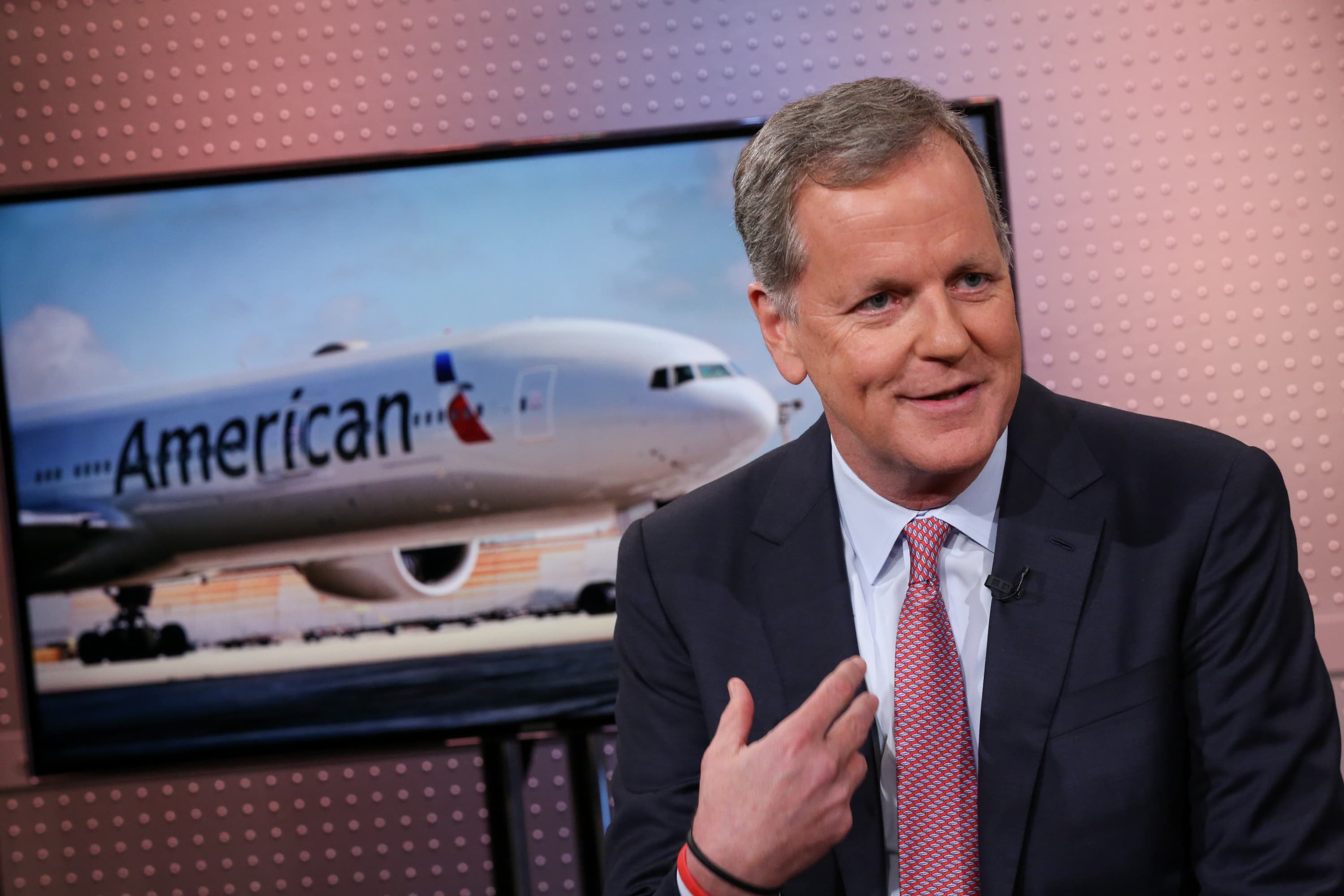
A patient receiving a dose of Moderna’s Covid-19 vaccine at a hospital in Odessa, Texas, last week.
Photo: Eli Hartman/Associated Press
The Food and Drug Administration is considering whether to authorize a lower dose of Moderna Inc.’s Covid-19 vaccine for boosters than the dose given in the first two shots, people familiar with the deliberations said.
Moderna said Wednesday it is asking the FDA to authorize a 50 microgram dose, half the dosage of the first two shots. Some in the government are leaning toward authorizing the 100 microgram dose, the people said, because of concerns a lower-dose booster might not offer a durable enough boost to counter fast-changing variants of Covid-19.
No final decision has been made, the people said, as the FDA is still reviewing data from studies that tested boosters using the different doses. People who have seen the data said both doses produce a strong immune response.
Complicating the decision is the fact that the FDA has limited comparative data on which to base their choice, one person familiar with the discussions said.
The continuing deliberations are a reason the agency hasn’t yet authorized boosters, though the people expect a decision soon.
One possible benefit of a lower dose is fewer side effects, people familiar with the matter said.
Last month, the Biden administration recommended that adults who got a messenger RNA vaccine from either Moderna or Pfizer Inc. and partner BioNTech SE start getting boosters this month.
SHARE YOUR THOUGHTS
When do you plan to get your Covid booster shot? Join the conversation below.
Johnson & Johnson’s vaccine is also expected to be included in the boosting strategy, after releasing the first results about its boosters last month. The company said it is engaging with the FDA.
There is no debate about the booster doses to administer for the Pfizer-BioNTech or J&J vaccines, one of the people said, though a decision on the J&J booster might take longer. Their boosters will be the same doses as the first shots, the person said.
After initially spurning talk about boosters, federal health officials embraced the idea as the contagious Delta variant drove up case counts, even among some people who were vaccinated.
Also contributing to the change of mind was emerging but inconclusive evidence, from researchers in Israel and elsewhere, suggesting the molecular defenses triggered by vaccination wanes after several months.
The Biden administration announced that Americans who have been fully vaccinated with a two-dose regimen against Covid-19 should receive a booster, citing the threat from the highly contagious Delta variant. WSJ breaks down what you need to know. Photo: Hannah Beier/Reuters The Wall Street Journal Interactive Edition
Whether boosters are needed remains up for debate. Some researchers say the evidence is insufficient, while the World Health Organization has urged giving shots to people in countries with limited supplies.
Moderna and the National Institutes of Health tested both 50 mcg and 100 mcg booster doses in clinical trials.
Last month, Moderna released initial data showing that a 50 mcg booster strengthened antibodies against Delta and other variants of concern significantly higher than the levels after trial subjects received their two initial doses.
The Cambridge, Mass., company has been urging the FDA in recent weeks to authorize a 50 mcg booster, according to people familiar with the matter and a statement announcing its submission on Wednesday.
The company declined to answer questions early this week about its talks with the FDA, before issuing a statement, saying it had applied for the booster dose authorization at the 50 mcg level.
Authorization of a lower dose would allow Moderna to manufacture up to three billion boosters next year, as many as one billion more than it could make of the higher dose.
Yet it would pose several logistical challenges, another person familiar with the discussions said.
The different dosages may cause confusion at vaccination sites, the people said. Pharmacists would have to prepare the doses in different ways. Nurses would have to be careful to give people the right dose.
Another issue, the person said, is a lower dose would lead to some wasted vaccine, at least until new, smaller vials begin arriving in October.
Current Moderna vials contain enough vaccine for 14 100 mcg doses, but not all of that could be used for smaller doses because the vials can only be entered a certain number of times.
The U.S. has ordered smaller vials already because they are easier for doctors’ offices and other providers to administer, the person said.
It couldn’t be determined why people getting a Moderna booster might need a lower dose than people getting another manufacturer’s vaccine.

People waiting for observation after receiving a booster dose of a Covid-19 vaccine in Southfield, Mich., last week.
Photo: Emily Elconin/Getty Images
A study of Belgian healthcare workers published Monday in a letter to the Journal of American Medical Association found that Moderna’s vaccine created twice as many antibodies as the Pfizer-BioNTech vaccine.
The researchers said the difference might be explained by the higher mRNA content in Moderna’s vaccine as compared with Pfizer-BioNTech’s, as well as the week longer interval between shots for the Moderna vaccine.
U.S. health officials are still figuring out the timing of exactly when people will be eligible to receive boosters.
Federal health officials initially said it would be eight months after people have received two doses. The Wall Street Journal has reported the FDA is likely to authorize boosters at six months.
President Biden said last week that his administration is weighing whether to begin before eight months, perhaps as early as five months.
Write to Felicia Schwartz at felicia.schwartz@wsj.com and Stephanie Armour at stephanie.armour@wsj.com
https://ift.tt/3DE9KIi
Business

No comments:
Post a Comment